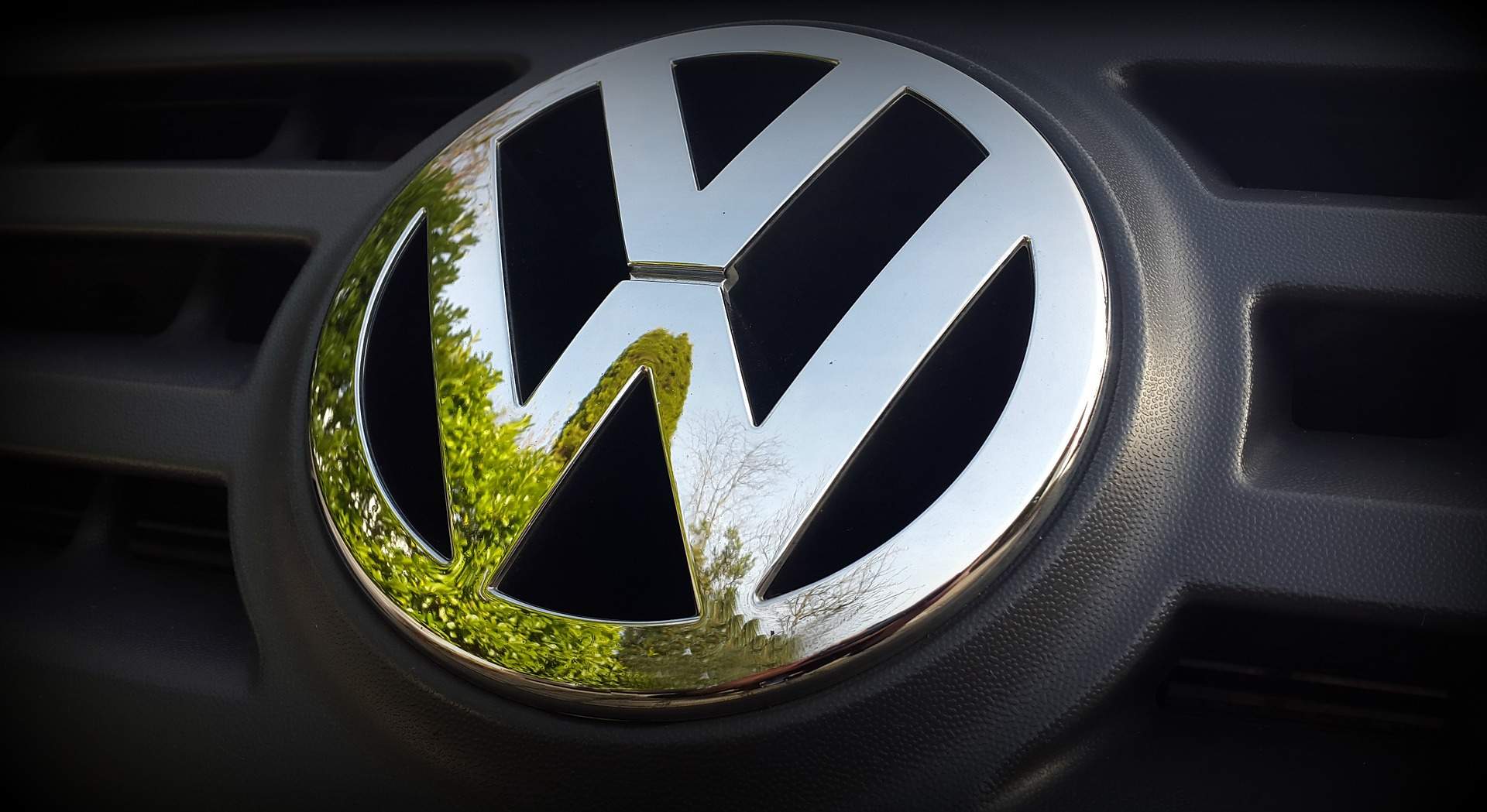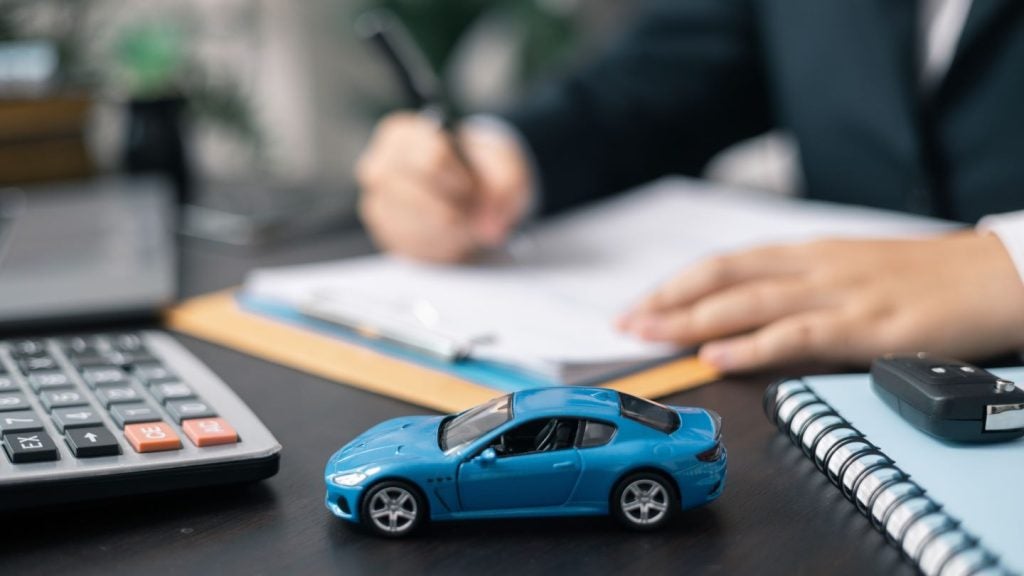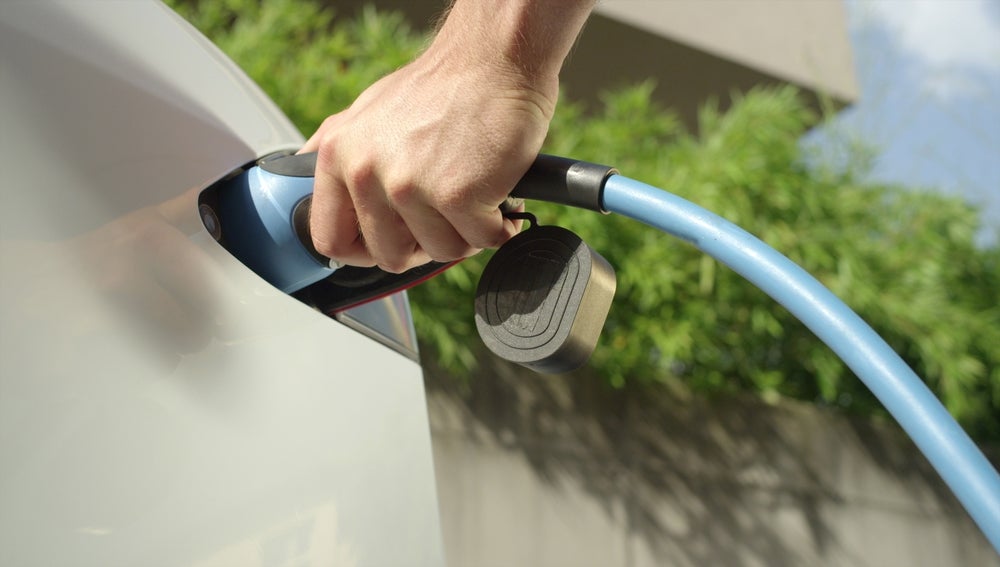
One of the golden children of German car manufacturing is betting big on revenues from digital services – and it wants its retailer network to be fit for purpose. Lorenzo Migliorato finds out more.
Renegotiation of a brand’s franchise agreements are a routine operation for the car retail market.
While they may make for splashier headlines at a time when the industry is bustling with once-in-a-decade realignments, for the most part they are just one piece of a strategy that usually involves equally sweeping changes across a brand’s entire operation: Opel/Vauxhall renegotiating all its European dealership contracts came off the back of cuts to production costs and investment in new models.
Sometimes, however, such reshufflings say something – or a lot – about a carmaker’s plans for the future.
That is especially true when they involve all of VW’s dealers in Europe – a sprawling network with its own centralised council for negotiating with the brand.
In October, VW unveiled plans to create what is effectively an entirely new revenue pipeline built around vehicle connectivity, and agreed a new collective framework that will see dealers reshape their operations to accommodate a new class of product.

US Tariffs are shifting - will you react or anticipate?
Don’t let policy changes catch you off guard. Stay proactive with real-time data and expert analysis.
By GlobalDataWhile the strategy’s linchpin will be the upcoming I.D. family of connected and electric models, the brand is looking beyond the individual car.
Taking a cue from Silicon Valley: “Customers will have their own personal ID, giving them unique access to the Volkswagen universe and serving as a means of authentication.”
VW is eyeing a “100% personalized offering” based on the triangulation of data from the customer, the vehicle and the dealer.
The press release accompanying the new collective agreement mentions electric vehicles (EV) charging and billing, fleet management, car sharing, e-commerce and “much more”.
The brand has already been betting on digital services with its We family of products: We Park, We Deliver and We Experience provide, respectively, parking billing, in-car package delivery and tailored shopping offers.
The next addition will be car club We Share. Separately, VW’s financial services unit has also shown an appetite for ancillary products, tapping into promising startups through pitching contests in the UK and Portugal.
DEALER-ENTREPRENEUR
To be fair, announcements around the “connected customer” of the future are nothing new, especially since the industry realised that the next generation of potential customers has been brought up in the age of the mobile device.
But even at the bigger carmakers, connected products remain for the most part in the pilot phase – experiments often born of a startup acquisition, and delegated to the captive finance unit.
VW’s plans are among the most detailed yet for how a car brand wants to reinvent itself over the next decade. In March, VW gave notice of termination of the previous collective agreement.
Retailers that decided to stick with the brand now have little over a year to implement the new sales structure before the updated contract takes effect in April 2020.
The blueprints for the revamped sales model ask for considerable investment of retail partners.
The brand has been emphasising a more top-down approach to future business: it wants dealers to push more aggressively with EV sales, and said it “will reserve the right to market vehicles direct[ly] in individual campaigns by agreement with the dealers”.
On the other hand, the company said dealers will be involved in the direct-tocustomer route, and “receive remuneration” for it. It will also scrap minimum personnel levels, and incentivise different dealers to share tools. “We will focus less on how a service is performed, and more on the fact that it is performed,” the company said.
“Following entrepreneurial principles, we will steer the business on the basis of outputs such as customer satisfaction, loyalty, volume or the number of new customers gained.”
In its presentation, VW envisioned five distinct types of outlet to interact with future customers.
Two of them, city showrooms and pop-up stores, are already part of many brands’ toolboxes: the likes of Hyundai and Ford have been using ‘experience stores’ in the UK as a way of turning physical visitors into online retail customers.
But it is not just about new cars: VW wants to set up “used car centres” to improve its presence in the promising secondhand space – which, admittedly, already plays a key role in sales at many dealerships.
For the after-sales aspect of the relationship, VW wants to roll out “service centres” – facilities exclusively dedicated to servicing, separate from a sales floor – as well as “scalable full-function facilities”, centres that can support the main dealer network but do not have to operate at full capacity at all times.
The message from VW is clear: one size does not fit all customers anymore. But rather than going it alone in retail – think Tesla – the brand wants retail partners to become more flexible and use their entrepreneurial judgment, tapping into different types of facilities.
“Each dealer will only need to operate one full-function facility,” it says. “By agreement with the relevant importer, dealers will be able to optimise operations individually by using different formats.”
CAPITAL COMMITMENTS
It is not easy to tell the extent to which VW’s grand blueprint is a radical reinvention stimulus, and how much is simply the acknowledgement of retail trends that have been converging for years.
Certainly, dealers have long had few illusions about the impact of change. In a January 2018 survey of automotive executives from KPMG, three-quarters of UK respondents expected 20-50% of all bricksand-mortar dealerships to close in less than a decade as digitisation made them redundant.
The only way to maintain relevance, executives agreed, was for a dealer to become a “used car hub” or a “service factory” – a striking parallel to VW’s plans.
“It is inevitable that the way vehicles are sold and maintained is going to change as we have new technology, new engines and ways of powering vehicles,” says Louise Wallis, head of business management at the UK’s National Franchised Dealer Association.
“Connected cars will have a major impact on how vehicles are serviced and looked after, and how we keep in contact with the customers and the car itself.”
The transformation VW wants to kickstart will not come cheap. Big operators – especially those with holdings in multiple countries – will arguably be in a better position than family-owned outlets with just a couple of sites.
But for the most part, VW is riding on an existing mergers and acquisitions trend, says Wallis. “The dealership model is moving in that direction anyway,” she says. “The bigger groups are consolidating their franchises, so they have a number of outlets for the same franchise, which makes this easier to do.”
Smaller operations, meanwhile, may want to concentrate on the VW franchise alone, allotting more cash to the brand in order to stay relevant.
Volkswagen is conscious of partners’ concerns over capital expenditure and future running costs. In its presentation, it promises that total investment over a given geographical “market area” will amortise over time.
Nevertheless, the company will have to provide fairly solid guarantees to convince franchised dealers to invest in a more complex facilities network – one that would be highly tailored to the VW brand, arguably reducing options for switching franchises in the future.
“There will be dealers that have invested a large amount, and will want a return on it,” says Wallis.
“There could be an issue there, where people have made investments that are now redundant. It depends on how this is rolled out. If it is a gradual rolling-out, and is more organic, then that investment won’t necessarily have been wasted.”
What VW put in black and white with its dealers in October is a big wager. Europe’s biggest passenger car manufacturer is taking a whole new way of conceiving car sales into its retailers’ forecourts, beyond a branded customer portal or a few extra infotainment features.
The big question is whether its multi-pronged retail model will prove to be a trailblazer for the next decade, or whether dealerships will stick to more familiar structures, possibly with alternative brands.
Nevertheless, Wallis is confident dealers will display the entrepreneurial spirit the Wolfsburg carmaker wants. “Dealers have faced these challenges before,” she says. “It will not be easy, but they will embrace it.”







